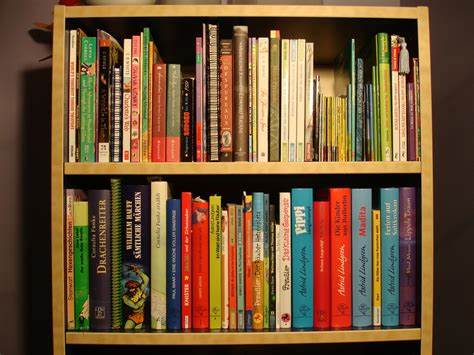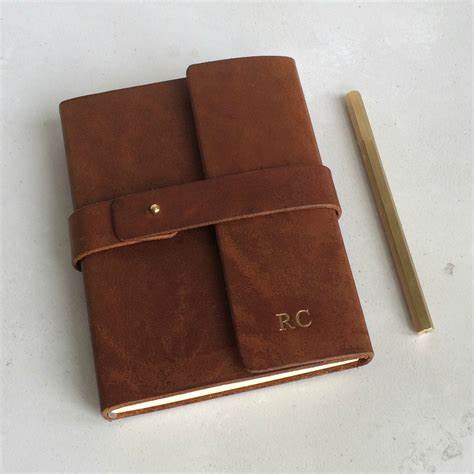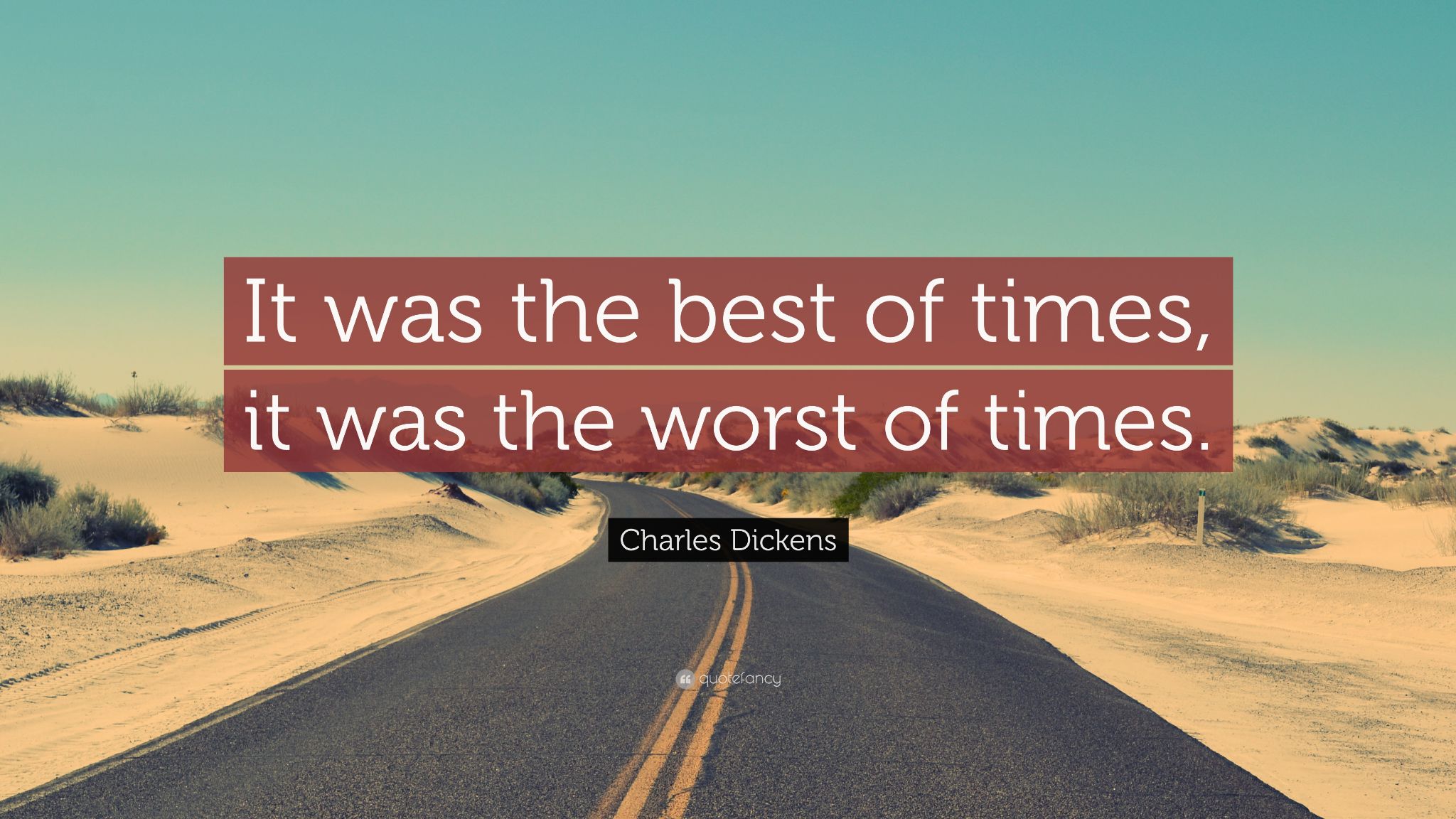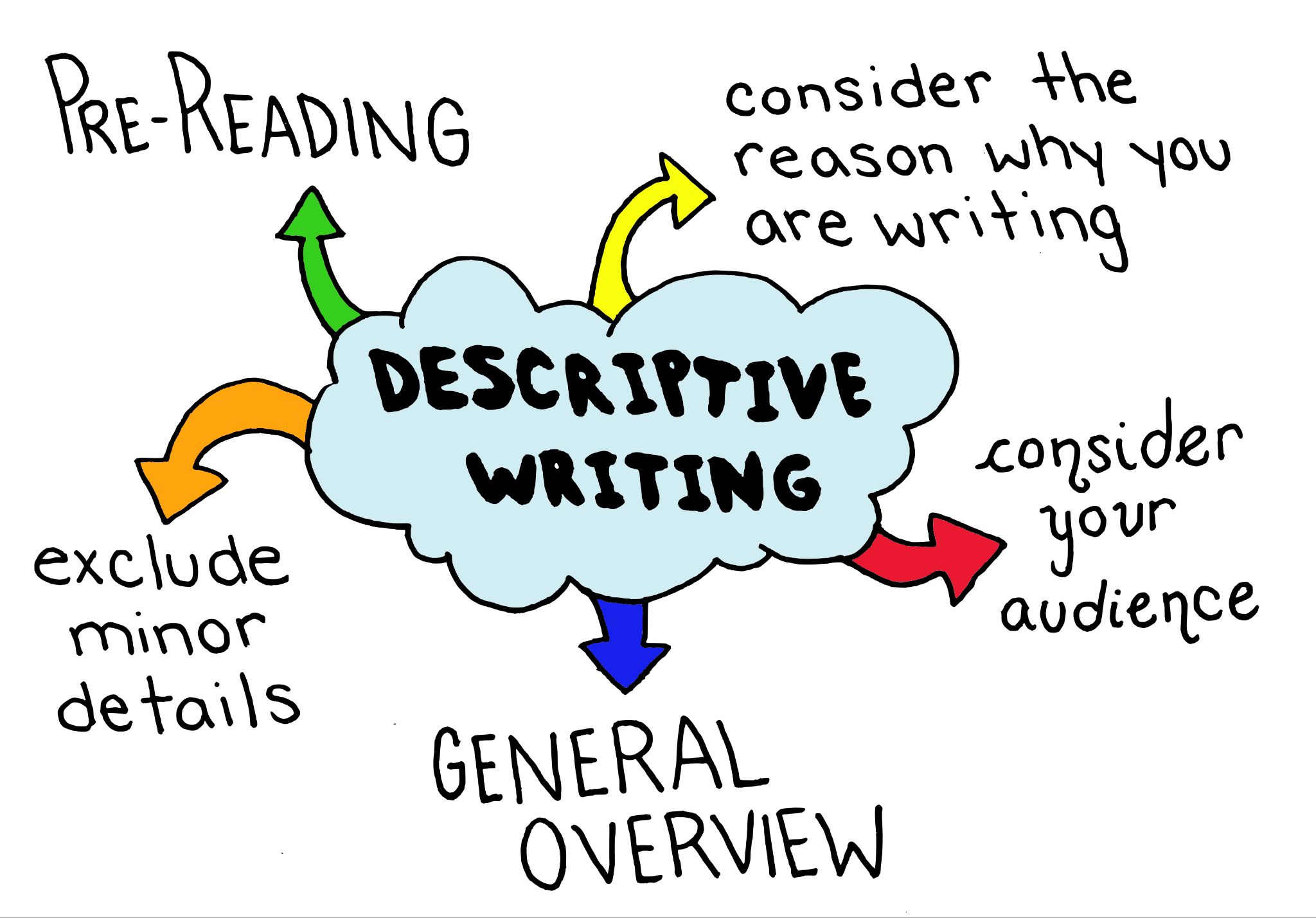How to Write a Personal History
When I look at my bookshelf I see a lot of science fiction novels, some historical fiction, genealogy textbooks and mixed in are a few autobiographies of people I admire such as British actor David Jason. What is it about us that makes us want to read the life story of individuals that we admire or who interest us?

Have you ever stopped to think "Maybe I could write my own autobiography, my own personal history"? Chances are most people haven’t because we assume that such a thing is the privilege of the famous and notables.
It’s true, perhaps our own life history might not interest strangers but does that really matter? What is there that says we can’t sit down in front of our computer and write about our own lives? It could merely be a cathartic practice in getting to know ourselves and maybe even making some emotional breakthroughs in our lives.
So why not try and write your own personal history? Unleash your creativity with the written word and relive some of the triumphs and heartache that have led you to this point in your life. If this has gotten you interested in giving a little autobiographical writing a try then read on for some tips to get you started.
Why Should We Write Our Personal History?
We may not be sports heroes, reality TV stars or famous Academy Award winners but that does not mean that our voice has any less importance. As an individual who has lived in society in the place you have during the eras you may have lived you will have your own perspectives.
As individuals we have our own personal histories and by writing those histories we create a record of how we have viewed the world. Writing our own story puts down in the written word how we faced and viewed the challenges we encountered during our lives.
This personal history may never grace the New York Times best seller list but for future genealogists in your family this may be a fascinating piece of writing. I know I often wonder how my ancestors lived and what challenges they had to face and overcome in their lives.
A personal history written by you might become a treasured family artifact in 100 years from now. You might not think it significant now but just imagine if you could read about a year in the life of your great-great-great grandparents.
Remember This Is Your Story
The important and likely most obvious thing to remember when writing a personal history is that this is your story. You control the narrative and you get to include the stories and details that you think best describe your life.
Some might opt to go warts and all and hold nothing back. Others may find themselves painting over the cracks and portraying only the good things. This is of course your prerogative, you decide how gritty you want to get with your personal story.
It is important however to try and be as authentic as you can. If you want to write fiction go ahead and write it but if you want to write a personal history then get personal and get to the truth. Remember, when we are gone it’s highly likely no one will be writing the story of us so who better than ourselves to leave that record?
Choose a Style
There are several ways in which you can write a personal history and in fact some people may have been doing so for years. People who have kept diaries throughout their young lives into adulthood may already have written the details of a personal history. This could be what you leave behind or you could use the information in those pages to write something more narrative and creative.

A personal history can be just a few pages in a word document or a lengthy memoir detailing your life. Remember you don’t have to stick to things you think will be important to others, you can write about what was and is important to you.
If a certain TV show changed your life view, then write about that. Or if falling out of a tree as a youngster gave you a fear of heights tell that tale. It can be brief or it can be a real deep dive into the things you can remember about your life.
How Do You Write About Yourself?
There are no set rules as to how to write about yourself but there are definitely a few things that can help you get to your own way of doing things.
Choose Your Goal
What is the main reason you are writing this personal history? This is the first question you need to ask yourself. Do you feel that this could be a commercially viable venture which you may want to publish with the hopes of earning money?
You might be writing your personal history as a tool to help future genealogists in your family or perhaps to show others how you dealt with traumatic events to perhaps help them with their own problems.
Your goal may be wholly personal as a way to document your life and traumas to perhaps help you deal with things that have happened to you. There may never be an intent for anyone else to see this writing and if you so choose you could delete it.
So whether you are writing to make money, inspire, educate or even heal you first have to frame your intent so you know how you are going to write the narrative.
Consider Your Ancestors
If this is your personal history then why would I suggest you consider your ancestors? There is a point to this because each of us is the sum of our ancestors and they played a big part in who we became. If we identify as a certain ethnic group where our family came from may play a role in how we were raised and developed.
Who Were Your Influences?
We all have heroes and villains in our personal history, those we admired and those who made us suffer. These are the people we should look to for our influences. You may have suffered greatly in younger life from bullies or maybe you were the bully and you live with that regret.
Consider these people who influenced you because you will need to try and illustrate to any future readers how that person was an influence on you. They may have been close family, romantic partners or inspiring individuals that shaped how you live your life.
Pick Your Moments
A lot happens in a person's life, some of it noteworthy but some is perhaps just filler. Choose the things that are most important to you. Select the stories that are most memorable, that are important to you and who you are.
This as I have already said is your story. You control the narrative and the content. Write down what means most to you and the things you wish to leave behind.
Open Strong
They say never judge a book by its cover but if the first paragraph of a book is dull I often find it does not bode well for the rest of the story. Good writers will always try to grab you with a great opening and you should try this as well.

Start your personal history with an exciting story, something that will make future readers, if that is your intent, want to read more. Autobiographies I have read often will begin an exciting story at the start and bring in elements of this same story throughout as part of an ongoing narrative.
Remember It Doesn’t Need to Be Chronological
Unless your personal history is literally a diary then a written document does not need to be written in chronological order. We can play with the order of events that we discuss, allowing ourselves to talk about how the past affects our later experiences.
If perhaps something major happened in our life that was the result of a past event then we would go back to that event as part of the more recent story. We do however need to remember that we should have flow to the story as well.
We can move around in time with the stories but should still move forward in an overall linear fashion. These events in our past ultimately are leading to the person we are today writing this personal history.
You Don’t Have to Relive Everything
There may be things in your past that you barely want to think about let alone write down in a narrative that others may read. Again what you include is entirely up to you so if you do not want to write about certain things you do not have to.
This is our personal history and some things are just too private to put down in the written word. If things are too painful, embarrassing or just plain not worth time dwelling on you can absolutely leave them out of the story.
Use Caution When Writing About Others
Our personal history usually has a cast of characters who may be brought into the stories. We should be cautious about the things we write and the stories we tell about these other people. If there is a chance that the things we say may harm or embarrass other people we need to be aware of that.
There are plenty of cases of people taking legal action based on how they were portrayed in someone else’s autobiography. Making claims about other people that may upset them can sometimes result in you having to defend those claims.
What you say may be completely true but sometimes you may invite fresh drama and problems by writing them in a format that others can read. We can’t skip over talking about some other people in our lives, especially if they are part of our personal history, but we can take care with what we say.
Try and Be Descriptive
Reading for me is enhanced by descriptive writing. If a character walks into a bar I want to know what the light level is and what it smells and sounds like. This helps me to imagine the scene and picture the events.
Try and describe where you were in a story, how you felt and what your senses were perceiving. This is all part of the story and keeps the attention of the reader. Avoid writing a list of occurrences without any kind of descriptive narrative.

You felt emotions, you heard sounds, you saw things and there were smells in the air. Try and convey how you were feeling at that time so that readers can understand you and what you were living through.
You Don’t Have to Be the Best Writer
Creative writing does not always come easily and maybe before embarking upon a personal history you could take some writing classes. You of course do not have to because realistically this writing may only be for you.
If you’re not the best writer in the world, that is just fine. You can still write your personal history. If you perhaps have issues that make it difficult for you to write then maybe you can get someone you trust to help you.
Plenty of people use ghost writers so if you have to dictate your stories to someone else you can do it this way as well. There are also available software packages that allow you to dictate verbally while it writes out the things you say.
Conclusion
A personal history is something we all should consider writing even if it is just for our own purposes. I am reminded of one of my favorite quotes from the British Sci-fi show Doctor Who, “900 years of time and space and I've never met someone who wasn't important.”
We are all important to this world and the experiences we have lived through are all pertinent to the times in which we live. Even if it’s someone hundreds of years from now they might find your insights on life during this era fascinating.
Allow your creativity and personal history to combine into a written narrative. Tell your story on your terms and from your own viewpoint. Even if only you read it and it helps you work through some of the hard points in your life, give it a try.
Link To or Reference This Page
We spent a lot of time downloading, cleaning, merging, and formatting the data that is shown on the site.
If you found the data or information on this page useful in your research, please use the tool below to properly cite or reference Name Census as the source. We appreciate your support!
-
<a href="https://namecensus.com/blog/how-to-write-a-personal-history/">How to Write a Personal History</a>
-
"How to Write a Personal History". NameCensus.com. Accessed on April 18, 2024. https://namecensus.com/blog/how-to-write-a-personal-history/.
-
"How to Write a Personal History". NameCensus.com, https://namecensus.com/blog/how-to-write-a-personal-history/. Accessed 18 April, 2024
-
How to Write a Personal History. NameCensus.com. Retrieved from https://namecensus.com/blog/how-to-write-a-personal-history/.
